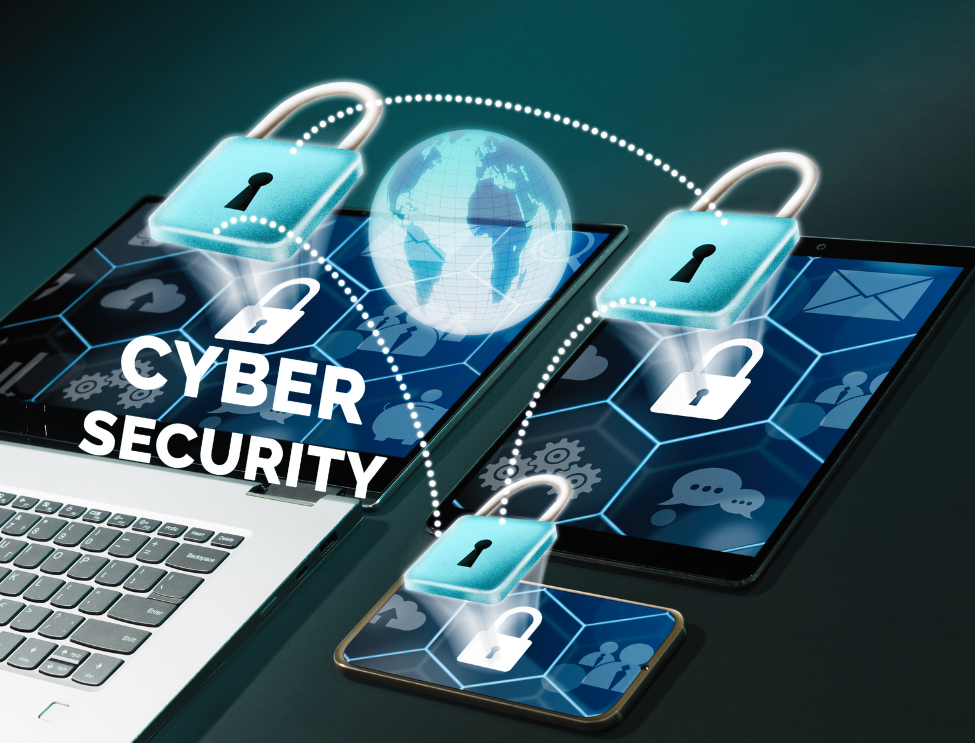Introduction: In today’s digital age, cybersecurity has become a critical concern for businesses of all sizes. With cyber threats evolving rapidly, it’s essential for businesses to implement cybersecurity measures to protect their sensitive data, systems, and reputation. Let’s explore some cybersecurity essentials that businesses should prioritize to safeguard their assets and mitigate risks.
- Strong Password Management: One of the fundamental cybersecurity practices is maintaining strong password hygiene. Businesses should enforce password policies that require complex passwords, regular password updates, and multi-factor authentication (MFA) for added security. Educating employees about the importance of strong passwords and the risks of password reuse can help prevent unauthorized access to systems and accounts.
- Secure Network Infrastructure: Securing network infrastructure is crucial for preventing unauthorized access and potential data breaches. Businesses should use firewalls, intrusion detection systems (IDS), and secure Wi-Fi networks to protect their networks from external threats. Implementing network segmentation and access controls can limit access to sensitive data and minimize the impact of potential security incidents.
- Regular Software Updates and Patch Management: Outdated software and unpatched vulnerabilities are common targets for cyber attackers. Businesses should prioritize regular software updates, security patches, and firmware updates to mitigate known vulnerabilities and security flaws. Automated patch management tools can streamline the process and ensure that systems and applications are up-to-date with the latest security patches.
- Employee Training and Awareness: Human error is a significant factor in cybersecurity incidents, making employee training and awareness crucial. Businesses should provide cybersecurity training to employees, covering topics such as phishing awareness, social engineering tactics, safe browsing habits, and incident response protocols. Creating a culture of cybersecurity awareness can empower employees to recognize and report potential threats, reducing the risk of successful cyber attacks.
- Data Backup and Recovery: Data loss can have devastating consequences for businesses, highlighting the importance of regular data backups and robust recovery plans. Businesses should implement automated backup solutions, store backups securely, and test data recovery processes regularly to ensure data integrity and resilience against ransomware attacks, hardware failures, or other data loss incidents.
- Incident Response and Cybersecurity Policies: Having comprehensive incident response plans and cybersecurity policies in place is essential for effectively managing cybersecurity incidents. Businesses should establish incident response teams, define escalation procedures, conduct regular security assessments, and update cybersecurity policies based on industry best practices and regulatory requirements. Clear communication channels and collaboration with cybersecurity experts can facilitate timely incident response and minimize the impact of security incidents.
Conclusion: Cybersecurity is a continuous journey that requires proactive measures, ongoing monitoring, and adaptive strategies to stay ahead of evolving threats. By prioritizing strong password management, secure network infrastructure, regular software updates, employee training, data backup and recovery, and incident response planning, businesses can strengthen their cybersecurity posture and mitigate risks effectively. Investing in cybersecurity essentials is not just a protective measure but a strategic investment in safeguarding business continuity, customer trust, and reputation in an increasingly digital world.
